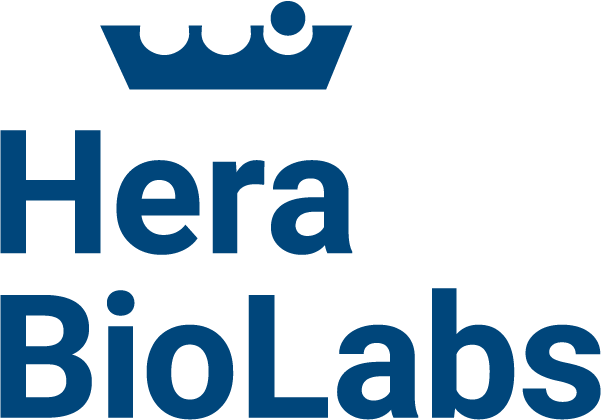We Are Excited To Announce That A Validation Study Using The SRG Rat Engrafted With Human Tumors (OncoRat®) Has Been Published In PLOS ONE.
Specifically, the paper validated the use of the OncoRat® in human tumor oncology studies. The paper, titled “The SRG rat, a Sprague-Dawley Rag2/Il2rg double-knockout validated for human tumor oncology studies,” is a collaboration among researchers working at Hera, the University of Michigan, the University of Kentucky, and others.
The Data Presented In PLOS One Represent Years Of Research That Hera Is Excited To Share With The Scientific Community.
This research was led by Fallon K. Noto, Ph.D. Executive Director, R&D/In Vivo Services, and many members of the Hera team including Valeriya Steffey, and Bisoye Towobola DMV, and Sam Moody and in collaboration with Goutham Narla, M.D., Ph.D. at the University of Michigan.
Current Xenograft Models
In vivo oncology models are an essential step in preclinical research for understanding tumor biology and evaluating promising therapeutic agents prior to testing in patients. Patient derived xenograft (PDX) models, primarily performed in mice, have been a huge step forward for oncology research by more closely recapitulating the patient’s tumor architecture and molecular signature throughout the experiment.
To avoid rejection of tumor xenografts, immunodeficient hosts are required. NSG mice in particular have been used in PDX studies, which have knockout mutations of the Prkdc and Il2rg genes, making the mice B, T, and NK cell deficient.
However, immunodeficient mice have limitations for precision medicine and efficacy testing applications for many tumor types. These limitations include:
- Low engraftment rates
- Slow tumor growth
- Small tumor volume
- Limited capacity for blood collection for PK/PD analysis
The SRG Rat, An Improved Human Xenograft Tumor Host
The SRG rat was created to add to the oncology toolbox, with improved take rates and growth kinetics for many tumor types while utilizing the rat’s larger size and robust nature to obtain more tissue and blood for important translational analyses.
Through deletion of the Rag2 and Il2rg genes on the Sprague-Dawley rat background, the SRG rat is fully SCID and lacks mature B cells, T cells and NK cells.
In a small pilot study, Hera demonstrated that the SRG rat can establish VCaP tumors, a human prostate cancer cell line, much faster than NSG mice. One advantage of the SRG rat over comparable mouse models is the ability to collect serial blood samples for biomarker analysis, as we have shown with Prostate Specific Antigen (PSA) in VCaP tumor-bearing rats.
In addition, the SRG rat is valuable for establishing banks of PDX samples from patient tissue. In a non-small cell lung cancer (NSCLC) study, the NSCLC-PDX engraftment rates in SRG rat were 78%, whereas mouse models fall between 20-40%. Importantly, the PDX models maintain genomic stability across multiple passages.
The data presented in PLOS One emphasize the value of the SRG rat rat as a model for preclinical oncology studies. The SRG rat is an excellent host for human cancer cell lines, PDX modeling and offers the benefit of serial blood sampling and larger tissue mass for downstream molecular analysis.
The SRG rat as used in oncology (OncoRat®) holds promise in personalized medicine, by serving as a patient avatar for guiding genetically based precision therapies!
Learn More About The Exciting Work At Hera
The OncoRat® is just one of the many exciting innovations going on at Hera. These breakthroughs are possible through our proprietary gene editing systems: CasCLOVER™ and piggyBac®.
Advancing on the CRISPR-Cas9 platform, Cas-CLOVER™ uses a dimeric nuclease system to perform site directed mutagenesis with no detectable off-target effects.
A perfect complement to Cas-CLOVER™, piggyBac® is our transposase system that can insert genes in a “footprint free” manner, meaning only the gene of interest is inserted into the host genome.
Find out more about the SRG rat / OncoRat®, our gene editing technology, and our full suite of CRO services by contacting us today!


